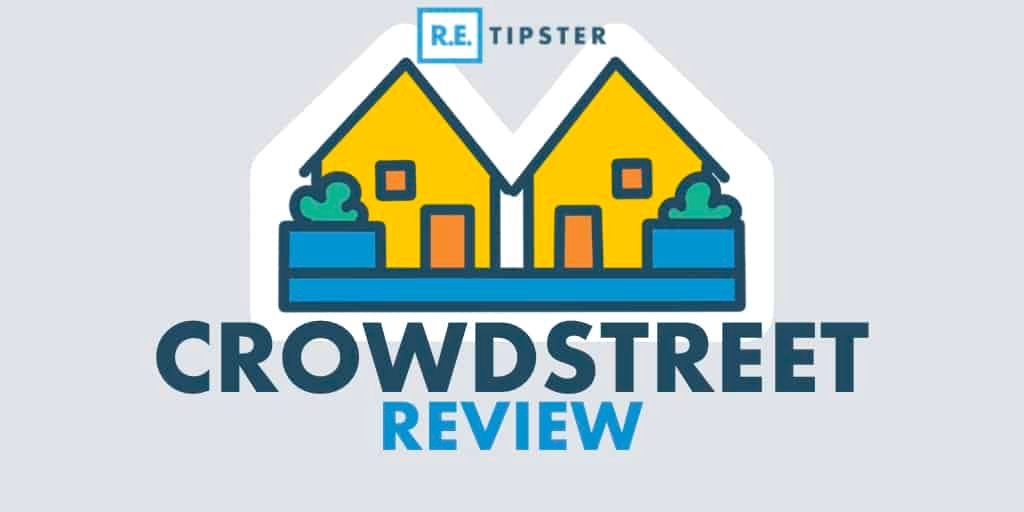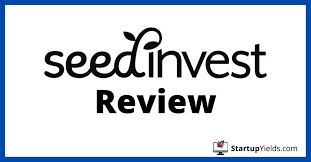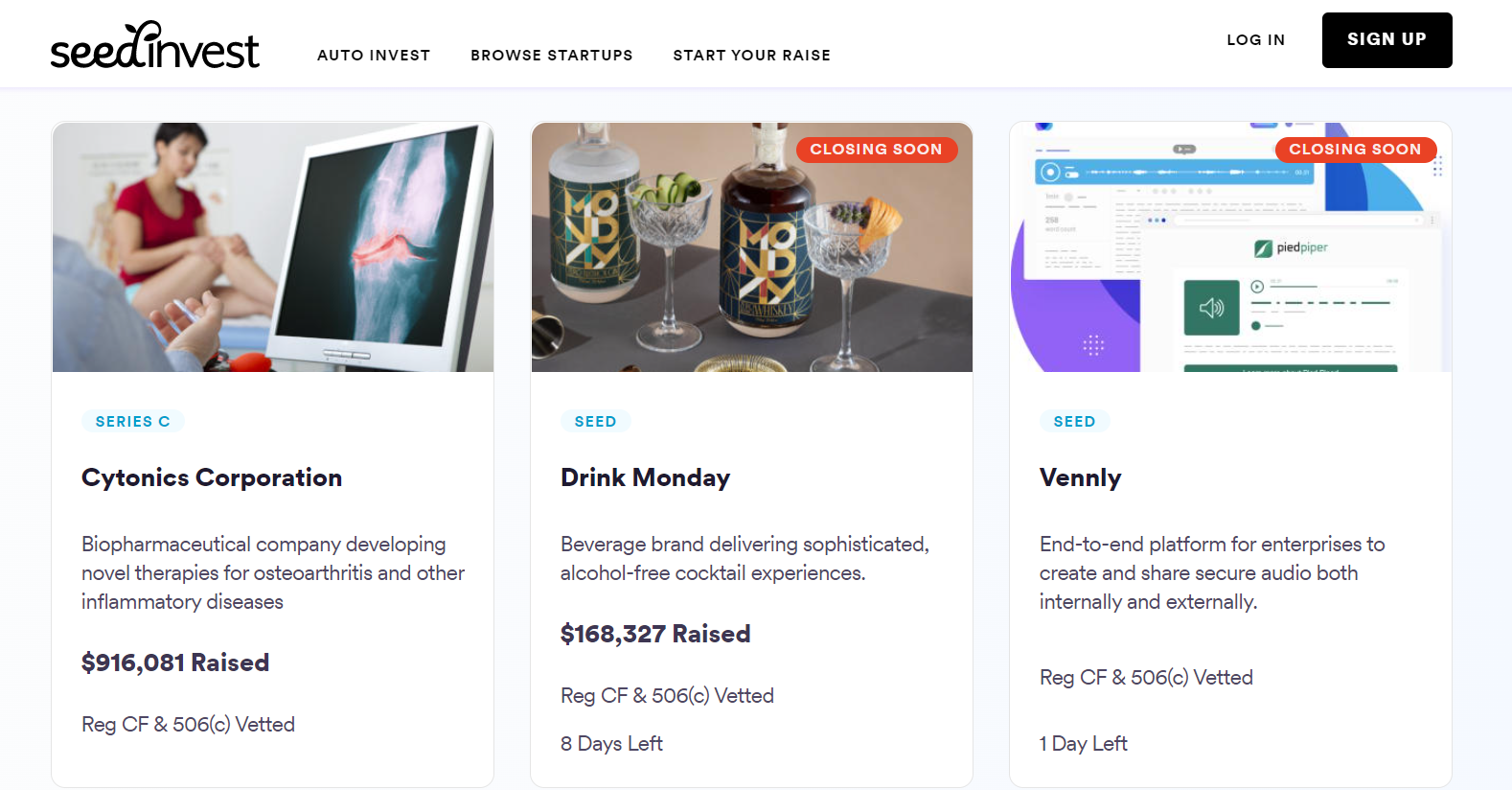Investing in real estate has always been a popular way to grow wealth. But, it can be hard for everyday people to get started. CrowdStreet aims to change that. It is a platform that allows individuals to invest in commercial real estate. In this review, we will explore CrowdStreet in 2024. We will look at its features, benefits, risks, and how it compares to other platforms.
What is CrowdStreet?
CrowdStreet is a real estate investment platform. It was founded in 2013. Its goal is to make commercial real estate investing accessible to more people. The platform connects investors with real estate developers and operators. This allows individuals to invest in commercial real estate projects without needing a lot of money.
How Does CrowdStreet Work?
CrowdStreet operates as a crowdfunding platform. Here’s how it works:
- Registration: To start, you need to create an account on CrowdStreet. The process is straightforward and takes a few minutes.
- Browse Deals: Once registered, you can browse the available investment opportunities. Each listing provides detailed information about the project, including the location, type of property, expected returns, and the developer’s background.
- Invest: If you find a project that interests you, you can invest in it. The minimum investment amount varies, but it typically starts at $25,000.
- Monitor: After investing, you can monitor the progress of your investments through the CrowdStreet platform. You will receive updates on the project’s status and performance.
Key Features of CrowdStreet
CrowdStreet offers several features that make it an attractive option for real estate investors:
- Diverse Investment Opportunities: CrowdStreet offers a wide range of commercial real estate projects. This includes office buildings, apartments, retail spaces, and industrial properties. This diversity allows investors to spread their risk across different types of properties.
- Detailed Information: Each investment listing on CrowdStreet provides comprehensive information. This includes financial projections, market analysis, and the developer’s track record. This transparency helps investors make informed decisions.
- Investor Relations: CrowdStreet has a dedicated investor relations team. They are available to answer questions and provide support throughout the investment process.
- Educational Resources: CrowdStreet offers a wealth of educational resources. These include webinars, articles, and guides on real estate investing. This is especially helpful for new investors looking to learn more about the industry.
- Strong Track Record: CrowdStreet has a strong track record of successful projects. Many investors have reported positive returns on their investments.
Benefits of Investing with CrowdStreet
There are several benefits to investing with CrowdStreet:
- Access to High-Quality Deals: CrowdStreet vets all the deals listed on its platform. This ensures that only high-quality projects are available to investors.
- Diversification: Investing in commercial real estate can help diversify your investment portfolio. This can reduce risk and improve overall returns.
- Passive Income: Many of the projects on CrowdStreet generate passive income through rental payments. This can provide a steady stream of income for investors.
- Potential for High Returns: Real estate can offer higher returns compared to other types of investments. This is especially true for commercial real estate, which can generate significant rental income and appreciation.
- Direct Ownership: When you invest through CrowdStreet, you often receive a direct ownership stake in the property. This can provide additional benefits, such as tax advantages.
Risks of Investing with CrowdStreet
While there are many benefits to investing with CrowdStreet, it is important to be aware of the risks:
- Illiquidity: Real estate investments are generally illiquid. This means that it can be difficult to sell your investment and access your money quickly.
- Market Risk: The real estate market can be volatile. Changes in the economy, interest rates, and local market conditions can impact the value of your investment.
- Property Management: The success of a real estate investment often depends on the quality of property management. Poor management can lead to lower returns and increased risk.
- Project Delays: Real estate projects can experience delays due to various factors, such as construction issues or regulatory approvals. This can impact the timing of returns.
- Minimum Investment Requirement: The minimum investment amount on CrowdStreet is relatively high, typically starting at $25,000. This may be a barrier for some investors.
How Does CrowdStreet Compare to Other Platforms?
CrowdStreet is one of several real estate crowdfunding platforms. Here’s how it compares to some of its competitors:
- Fundrise: Fundrise offers a lower minimum investment amount, starting at $500. This makes it more accessible to new investors. However, Fundrise focuses more on residential properties, while CrowdStreet specializes in commercial real estate.
- RealtyMogul: RealtyMogul also offers a range of commercial real estate investments. It has a lower minimum investment amount, starting at $5,000. RealtyMogul provides both equity and debt investments, while CrowdStreet focuses primarily on equity investments.
- YieldStreet: YieldStreet offers a variety of alternative investments, including real estate, legal finance, and art. It has a higher minimum investment amount, starting at $10,000. YieldStreet provides more diversification across different asset classes compared to CrowdStreet.
Who Should Invest with CrowdStreet?
CrowdStreet is best suited for accredited investors. These are individuals who meet certain income or net worth requirements. Specifically, you should have an annual income of at least $200,000 ($300,000 for joint income) or a net worth of over $1 million, excluding your primary residence.
CrowdStreet is ideal for investors who:
- Want to diversify their portfolio with commercial real estate.
- Are looking for passive income opportunities.
- Have a long-term investment horizon.
- Are comfortable with the risks associated with real estate investing.
Getting Started with CrowdStreet
If you are interested in investing with CrowdStreet, here are the steps to get started:
- Create an Account: Visit the CrowdStreet website and create an account. You will need to provide some basic information and verify your identity.
- Complete Your Investor Profile: Once your account is set up, complete your investor profile. This includes providing information about your investment goals, risk tolerance, and financial situation.
- Browse Investment Opportunities: Browse the available investment opportunities on the CrowdStreet marketplace. Take your time to review the detailed information provided for each project.
- Make an Investment: When you find a project that meets your criteria, make an investment. You will need to transfer funds to the platform to complete the investment process.
- Monitor Your Investments: After investing, you can monitor the progress of your investments through the CrowdStreet platform. You will receive regular updates and reports on the performance of your investments.
Conclusion
CrowdStreet is a robust platform for investing in commercial real estate. It offers a diverse range of investment opportunities, detailed information, and strong investor support. While there are risks involved, the potential for high returns and passive income makes it an attractive option for accredited investors. If you meet the qualifications and are looking to diversify your investment portfolio, CrowdStreet is worth considering.
Always remember to do your research and consider your risk tolerance before making any investment decisions. Happy investing!





